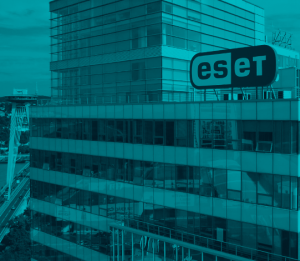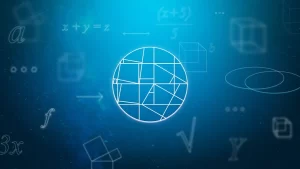LONDON — Google DeepMind has announced a landmark initiative supporting a new generation of AI pioneers through its collaboration with the African Institute for Mathematical Sciences (AIMS). This pan-African Master’s program, launched last year with a $4.5 million grant from Google DeepMind, aims to broaden access to advanced AI and science education across Africa. Through this partnership, AIMS is now able to provide full scholarships, high-end equipment, and computational resources to students, offering them a foundation in mathematics, AI, and machine learning alongside mentorship from Google DeepMind’s researchers and engineers.
This summer, the program celebrated its first cohort of graduates at a ceremony at the AIMS campus in Cape Town, South Africa. Among the graduates, Béria Chingnabé Kalpélbé, Olivier Mahumawon Adjagba, and Diffo Mboudjiho Annette Dariose have made strides in applying AI to tackle some of Africa’s most pressing issues, from food security to healthcare and even cosmic exploration.
Chingnabé, originally from Chad, is particularly driven by sustainability concerns. His work focuses on advancing food security through AI-driven models for sustainable agriculture, integrating principles like renewable energy and precision farming. “AI can greatly enhance the resilience of Africa’s natural resources,” he shared, “by offering data-driven approaches to protect biodiversity and green spaces.”
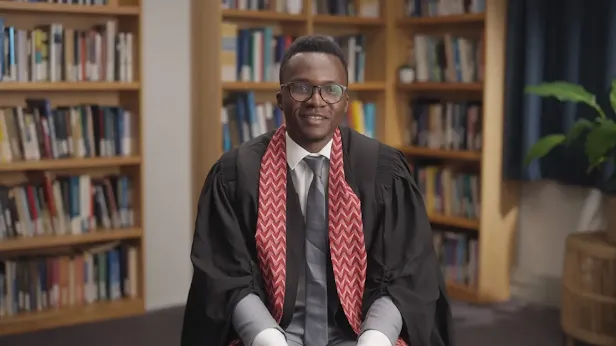
Adjagba, who hails from Benin, is directing his expertise in mathematics toward combating dengue fever. With a focus on climate-sensitive virus prediction, he aims to develop advanced models that could inform public health strategies, ultimately aiding in the control of viral diseases. Reflecting on the importance of the scholarship, he explained, “This opportunity allowed me to fully dedicate myself to the rigorous academic environment at AIMS, enabling meaningful research and collaboration.”
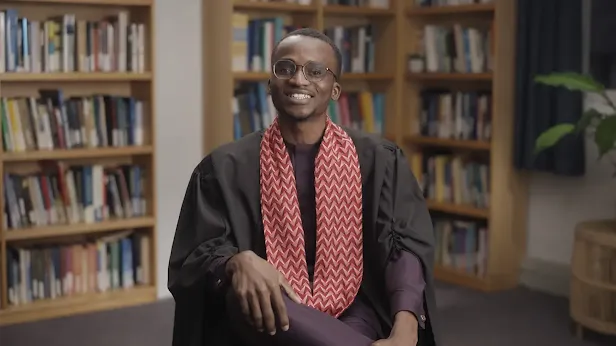
Meanwhile, Dariose, from Cameroon, has set her sights on cosmic exploration, with a keen interest in unraveling the mysteries of the universe. Working with data from the Square Kilometre Array (SKA), the world’s largest radio telescope, she hopes to enhance the accuracy of cosmological models through advanced AI methods. Her advice to future students echoes her own interdisciplinary journey: “Stay curious, embrace persistence, and foster collaboration.”
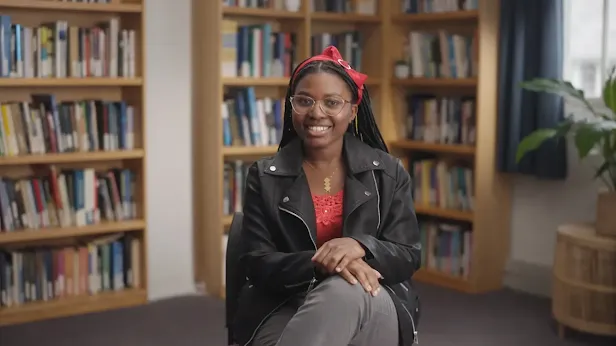
Google DeepMind’s support for AIMS is part of a broader commitment to bolstering AI education and research across Africa. This includes initiatives like the Deep Learning Indaba, the Experience AI education program for young people, and additional postgraduate scholarships at universities across the continent. By fostering an inclusive AI ecosystem, Google DeepMind aims to ensure that diverse perspectives shape the future of AI, leading to innovations that will benefit communities in Africa and around the world.




